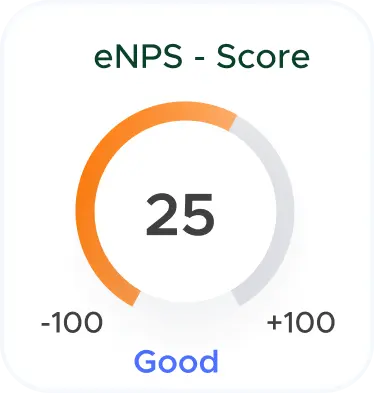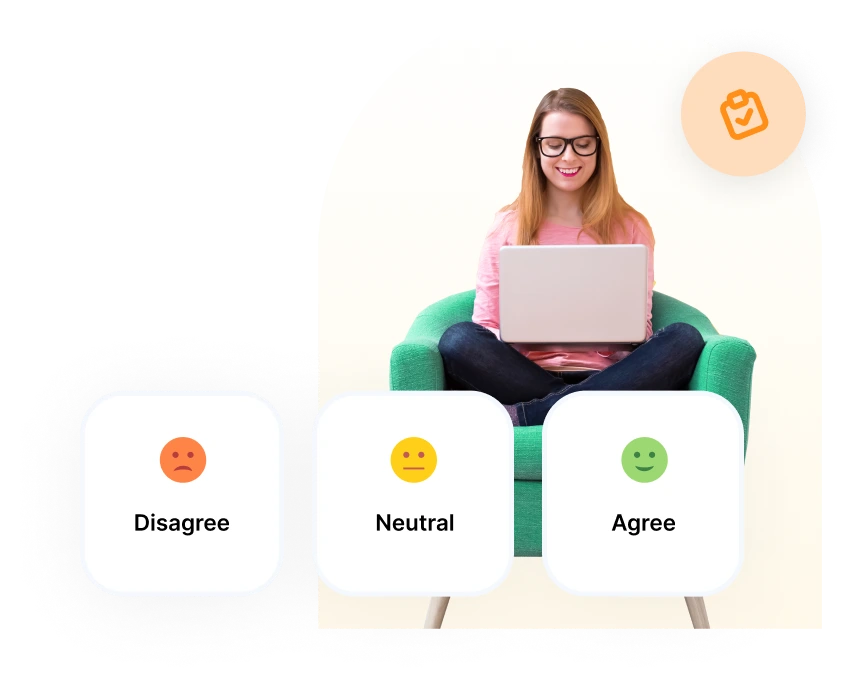✨ لا تفوت الفرصة! سجل في ندوة تقدير الموظفين عبر الإنترنت المقرر عقدها في 29 فبراير. 🎖️
✨ لا تفوت الفرصة! سجل في ندوة تقدير الموظفين عبر الإنترنت المقرر عقدها في 29 فبراير. 🎖️
سجل الآن
Team building skills encompass a range of abilities and competencies that enable individuals to work effectively as part of a team.
Team building skills go beyond technical expertise and focus on interpersonal interactions, communication, collaboration, and leadership within a group setting. Key team building skills include:
Effective team building activities are designed to enhance collaboration, communication, trust, and problem-solving skills among team members. Here are some examples:
Successful team building relies on several key components:
Effective team building skills are particularly valuable in diverse teams, where members bring a variety of backgrounds, experiences, perspectives, and expertise to the table. Here's how diverse teams benefit from strong team building skills:
Leaders and managers play a critical role in fostering team building skills within their teams. Here are some strategies they can employ:
Team building skills are essential for creating and maintaining a positive work environment in several ways:

هذه استطلاعات قصيرة يمكن إرسالها بشكل متكرر للتحقق من رأي موظفيك في مشكلة ما بسرعة. يتضمن الاستطلاع عددا أقل من الأسئلة (لا يزيد عن 10) للحصول على المعلومات بسرعة. يمكن أن تدار هذه على فترات منتظمة (شهرية / أسبوعية / ربع سنوية).

يعد عقد اجتماعات دورية لمدة ساعة لإجراء دردشة غير رسمية مع كل عضو في الفريق طريقة ممتازة للحصول على إحساس حقيقي بما يحدث معهم. نظرا لأنها محادثة آمنة وخاصة ، فإنها تساعدك على الحصول على تفاصيل أفضل حول مشكلة ما.

eNPS (نقاط صافي المروج للموظف) هي واحدة من أبسط الطرق الفعالة لتقييم رأي موظفك في شركتك. يتضمن سؤالا مثيرا للاهتمام يقيس الولاء. تتضمن أمثلة أسئلة eNPS: ما مدى احتمال أن توصي بشركتنا للآخرين؟ يستجيب الموظفون لاستطلاع eNPS على مقياس من 1 إلى 10 ، حيث يشير 10 إلى أنهم "من المحتمل جدا" أن يوصوا بالشركة ويشير 1 إلى أنهم "من غير المحتمل للغاية" التوصية بها.

Improving team building skills requires self-awareness, practice, and a willingness to continuously learn and grow. Here are some strategies to enhance your team building skills:
Team building skills play a crucial role in fostering a positive and productive work environment for several reasons:
While developing strong team building skills is essential, several common challenges and obstacles can impede progress: